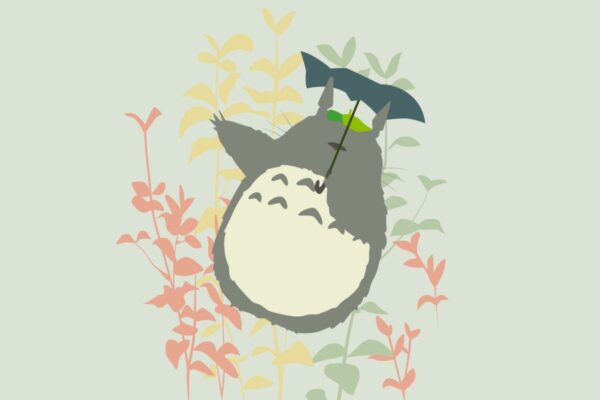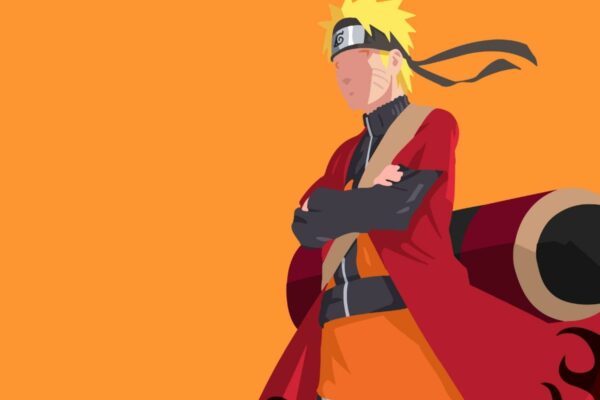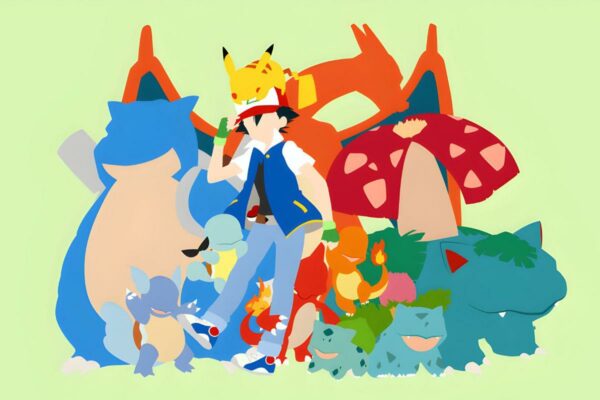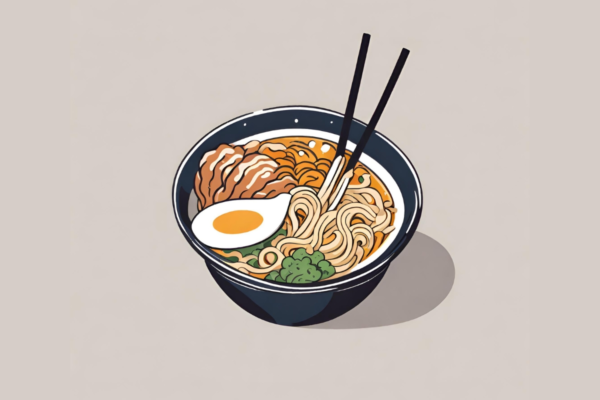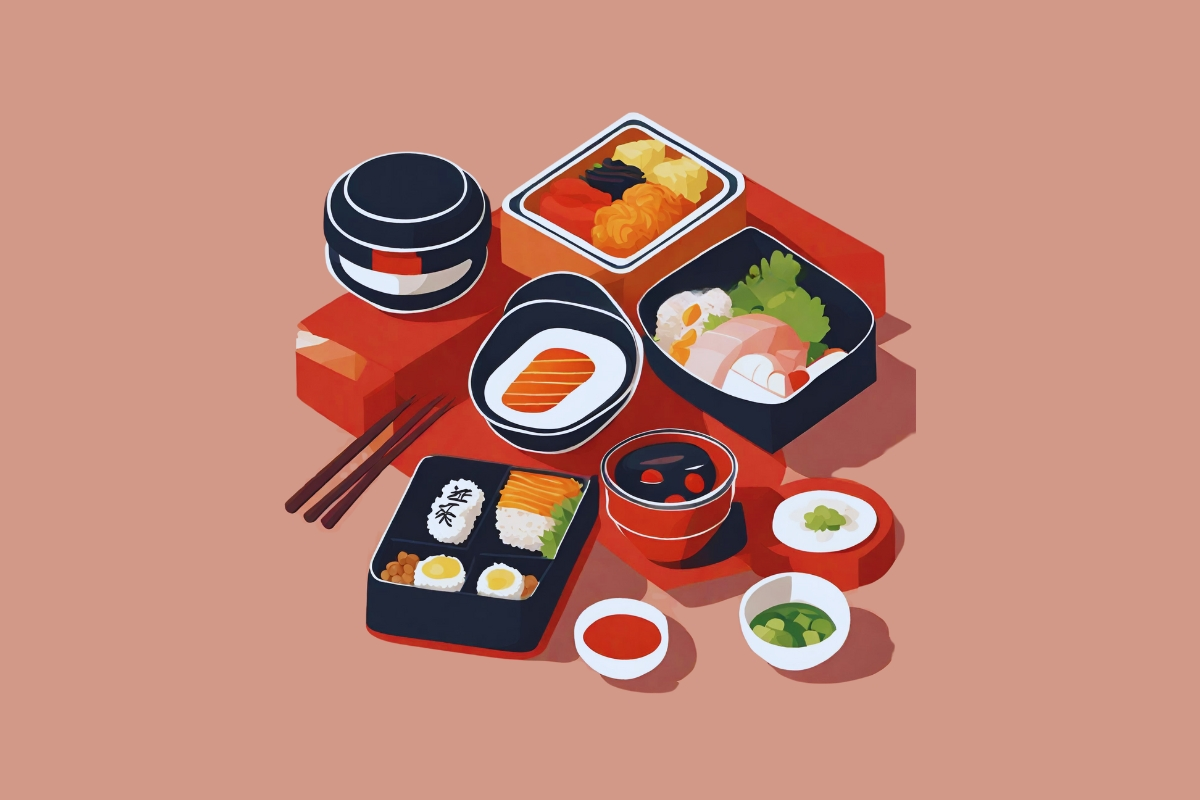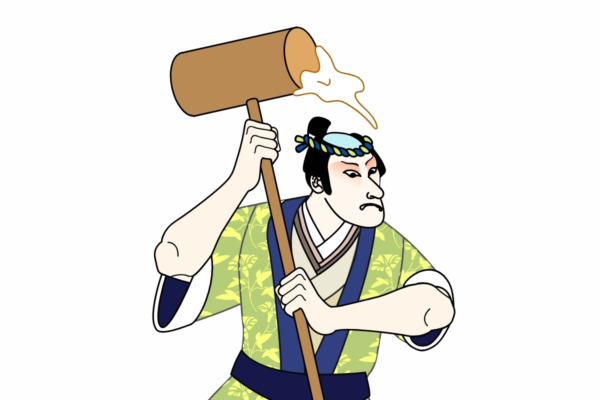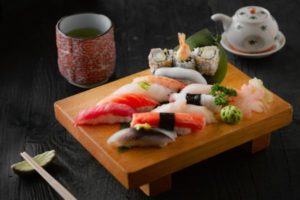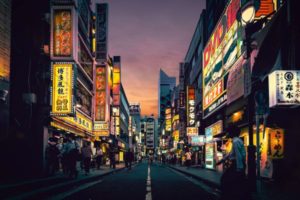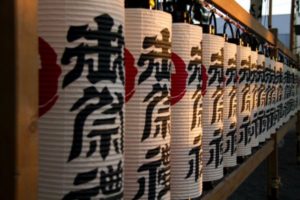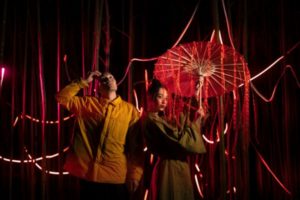accordingly
Japan is well-known to be one of the top countries with the highest life expectancy. The Japanese Elderly in the country are active even in their old age, doing exceptional work in their profession and even displaying competitiveness in physical sports much like their younger counterparts. One may ask, what is behind their long, healthy years that make it seem so effortless to age gracefully? For the Japanese elderly, it goes beyond a nutritious intake and an active lifestyle. Within the core of their genuinely happy life is the balance of gratitude and connection to themselves and most importantly the people around them. Know more about the elderly Japanese perspective on maintaining positive well-being and how it is expressed in their generation.
A Mindset Shift to Aging Well
The desire to live out the latter years of life with purpose, grace, and a sense of connection to a larger world drives changes in Japanese thinking over time. Older adults (over the age of 65) tend to enter into a phase where their physically active territory shrinks, the awareness of death and their limited lifetime is emphasized, and the search for meaning becomes more significant.

Image Credit: Freepik
Ikigai for positive well-being
The change from a busy working life to retirement can occasionally cause people to feel aimless as they get older. Ikigai (生き meaning “life,” and “gai” 甲斐 meaning value or worth) provides an invaluable solution, enabling elderly individuals to rediscover meaning and purpose outside of their professional spheres for positive well-being.
Ikigai, a profoundly embedded idea in Japanese culture, stands for the convergence of passion, mission, vocation, and profession — a source of meaning and fulfilment in life. As older Japanese people embark on the final stages of their journey, this multifaceted concept becomes even more relevant. By encouraging individuals to find pursuits that closely align with their passions and capabilities, this idea gives them a revitalized sense of direction for their daily lives.

Image Credit: International Monetary Fund
Changing perception of life
There are also changing perceptions on approaching the end of life in Japan for positive well-being. The elderly approach death with a special balance of reverence and acceptance. People’s attitudes on death typically change as they become older, from apprehension to a more peaceful understanding. Many older Japanese people see death as a natural transition rather than a conclusion, drawing on Shinto and Buddhist influences.
This point of view is founded on the idea of impermanence, according to which life is viewed as a fleeting stage within the larger cycle of existence. As a result of this shifting viewpoint, older Japanese people are encouraged to approach their final years with more peace and acceptance. With the belief that life and death are interconnected aspects of the human experience faltering a reason for how the Japanese Elderly Keep a Positive Well-being.

Image Credit: Rakuten.Today
An important mindset shift that elevates the well-being of the elderly involves the concept of kasha (感謝), or embracing an attitude of gratitude. Kansha encourages people to pay attention to their blessings and the good things in their lives. The practice of gratitude can help the elderly, who might encounter a variety of obstacles related to ageing, change their focus to positive experiences and memories resulting in a more upbeat outlook on life. “Kansha” encourages mindfulness and being present at the moment. For the elderly, being grateful for simple pleasures, like a warm cup of tea or the beauty of nature. Furthermore, it can bring a sense of joy and tranquility. Accordingly, this practice of mindfulness helps reduce stress and promote a sense of inner peace for positive well-being.
The Role of Social Relationships for positive well-being
Interpersonal connections, mutual support, and community bonds are deeply ingrained in Japanese culture. For the elderly, social relationships contribute to their overall quality of life, mental health, and emotional resilience. The extended family structure and intergenerational living arrangements often result in close ties between grandparents, parents, and grandchildren. Furthermore providing a strong network of emotional support and companionship.

Image Credit: Reuters (Photography by Kim Kyung-Hoon)
Elderly individuals frequently engage in community activities, hobby clubs, and local events, reinforcing a sense of belonging and preventing feelings of isolation. These interactions not only provide opportunities for social engagement but also foster a deep sense of purpose and value, as older individuals contribute their wisdom and experiences to younger generations.
The Practice of Tsukiai
Moreover, the practice of Tsukiji (付き合い), meaningful social interaction, emphasizes the importance of maintaining relationships throughout life, leading to emotional well-being and a positive outlook on ageing. In the corporate setting, this is evident in an employer-employee relationship that is further strengthened in after-work fellowship.
Apart from family ties, social spheres among the elderly encompass friends, peers, and acquaintances who understand and empathize with the challenges and joys of ageing. Sharing experiences, stories, and concerns within these spheres create a sense of mutual support, allowing elderly individuals to navigate life’s ups and downs with companions who genuinely care. Ultimately, social relationships form an integral foundation of the well-being of the Japanese elderly, offering a source of connection, support, and shared experiences that enrich their later years.

Image Credit: Unsplash (Photography by Chinh Le Duc)
One of how the Japanese elderly become mindful of the present world. The world after death is through the practice of ancestor worship as the two worlds have been considered close together. Even today, many Japanese pay visits to the graves of their ancestors. Moreover the homes of their parents during the Bon period. For the same reason, ancestral worship is founded on a worldview and historical perspective that gives people a sense of familiarity and gratitude for their ancestors and the deceased. In other words, acknowledging the connection with real, close relatives and feeling thankful to them entails feeling thankful to nature and the ancestors.
Japanese elderly can remain at peace and protect their well-being even after someone’s passing. This is through their consciousness of their bonds transcendent to the physical world. Moreover, ancestor worship has different practices typically done at the altar or shrines of homes. Moreover, some elements in ancestor worship include offerings along with incense and prayers.

Image Credit: Kadena Air Base
Gatherings, Rituals and Festivals
Family Gatherings. Worship of ancestors frequently brings families together. In this case, Families gather together to clean and adorn graves, provide food, and hold memorial ceremonies. It happed at significant events like the Obon festival. Therefore, it is thought that ancestral spirits return to the world of the living. Finally, these get-togethers foster intergenerational relationships and family ties and that’s how the Japanese Elderly Keep a Positive Well-being.

Image Credit: Your Japan
Death Anniversary Rituals. Elderly people frequently perform elaborate ceremonies on specific occasions marking an ancestor’s passing. Moreover, these rituals may include special prayers, and food offerings of a wider variety. Whereas they sometimes call a priest or monk to administer blessings.

Image Credit: Savvy Tokyo
Festivals. Annual festivals or events honouring ancestral spirits are held in many Japanese communities. Elderly people take an active part in these celebrations. Going to nearby temples or shrines to make prayers, light candles, and take part in group activities. These events promote a sense of belonging and community.
The Traditional Japanese “Ie (family) System
However, ancestor worship has been evolving in Japan recently. The traditional Japanese “Ie (family) system,” in which the eldest son becomes control of the household and is in charge of ancestor worship rites, is closely tied to ancestor worship. However, since World War II, it has become increasingly difficult to uphold ancestor worship practices. Particularly in metropolitan areas due to factors including increased mobility and a decline in the birthrate. Rituals cannot be conducted without preserving the Ie system, and keeping an ancestor-centred worldview is difficult in today’s society.
The well-being of the elderly is a thread of utmost importance. Woven with cultural values, familial bonds, and a commitment to holistic care. Japanese society equips its elderly people to face the latter stages of life with dignity and joy. A strong feeling of belonging through establishing connections. Supporting physical and mental health. Furthermore handing down traditions, and embrace their role as valued members of their communities. Even with the fast-paced changes occurring on a global scale. Finally, the traditional foundations that have been laid by their generation to have a well-lived life must be preserved and passed on. And that’s How the Japanese Elderly Keep a Positive Well-being.










